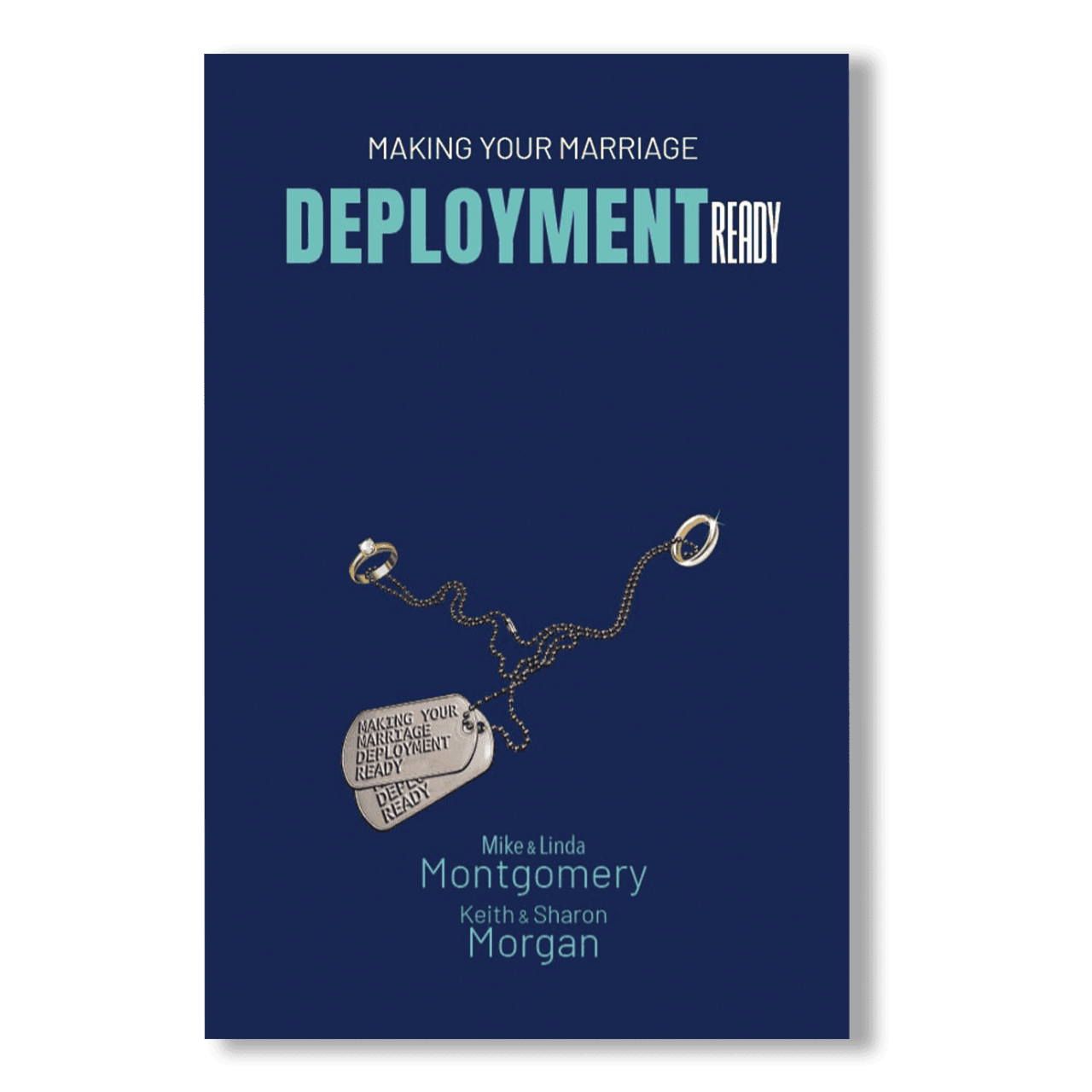Encouragement and the Fight for Justice

Editor’s Note:For some individuals, conversations about racism can feel exhausting because of the long history of mistreatment, mistrust and misunderstanding. Jesus gives us a place of rest, saying “Come to Me, all you who are weary and burdened, and I will give you rest” (Matthew 11:28, New International Version).
Isaiah 40:31 tells us He is where our hope is found and where our strength is restored: “Those who hope in the Lord will renew their strength. They will soar on wings like eagles; they will run and not grow weary, they will walk and not be faint” (NIV). We want to encourage you to shift your focus to hoping in Jesus’ redeeming power and unfailing love as you read this article and press into this topic.The goals of racial reconciliation and deepening one’s cultural competency can feel heavy to hold and sometimes seem impossible to reach. How can you realistically see these desires lived out? How do you stay engaged while facing a world that seems to run on the fuel of division and racism — a world where injustice is commonplace?
Racial reconciliation is the work of actively engaging in communication and seeking understanding that leads to healthier relationships across cultures and provides an atmosphere where unity can flourish.
Cultural competency is the ability to recognize and appreciate one’s own culture without seeing it as superior to another, as well as a willingness to understand and lovingly respect the different practices, traditions and perspectives of cultures different from one’s own.
Conversations seeking racial reconciliation and cultural competency can start out encouraging but soon become exhausting. What do you do when you’ve hit the wall? How do you find your second wind in the fight to see justice triumph over racism in a divided nation and world?
Austin Channing Brown has an idea of how you can stay on the journey even when you’re tempted to give up. In her book “I’m Still Here: Black Dignity in a World Made for Whiteness,” she writes:
Our only chance at dismantling racial injustice is being more curious about its origins than we are worried about our comfort. It’s not a comfortable conversation for any of us. It is risky and messy. It is haunting work to recall the sins of our past. But is this not the work we have been called to anyway? Is this not the work of the Holy Spirit to illuminate truth and inspire transformation? It’s haunting. But it’s also holy.
The fight for racial justice invites you to enter a space that touches on sacred ground. God calls those who follow Him to pursue justice in this world. Justice matters to God. He cares about how people are treated and wants those who follow Him to care too.
As you continue stepping into this fight for justice, remember that the discomfort you encounter and even the pain you experience is worth the struggle. Embracing God as you experience emotional fatigue from conversations around race, cultural competency and racial reconciliation is not only necessary, but it offers renewal and the benefit of a new mindset.
God is not limited by the challenges you face. These issues are not too big for Him to handle. He is ready to meet you in them and desires to comfort you when you struggle and need hope.
As you depend on God’s power that strengthens and restores, don’t forget that there are deep layers of history to our country’s racial injustice. Understanding this history is necessary to see the bigger narrative. These prior accounts inform our present realities, which are deeply rooted in the past.
There are beautiful examples of American fortitude and bravery in our nation’s collective memory, but there has also been a painful history between our nation’s people groups from the beginning. This history must be acknowledged, grieved and lamented. A significant part of fighting against injustice is understanding what causes it. Responding to injustice with awareness and lamenting can help you stay engaged in conversations around racial reconciliation and unity.
Finally, you can equip yourself to stay in the fight by deepening your awareness. You live in an ethnically diverse world that’s constantly evolving. It’s necessary to prepare for the conversations you desire to engage in by learning about and understanding the cultural identity stories in your community, city and nation.
Invite others to journey with you in your learning and build a community of people who also desire to fight against racial injustice. Look for people who are committed to seeing the gospel bring healing and are willing to share encouragement when the journey gets tough.
As you keep learning, continue building a regular practice of finding renewal and encouragement in God’s power. His strength and love not only sustains but will empower you to steadily move forward.
Next Steps:
- Hear about the biblical response to injustice.
- Listen to a panel discussion on gospel justice.



















